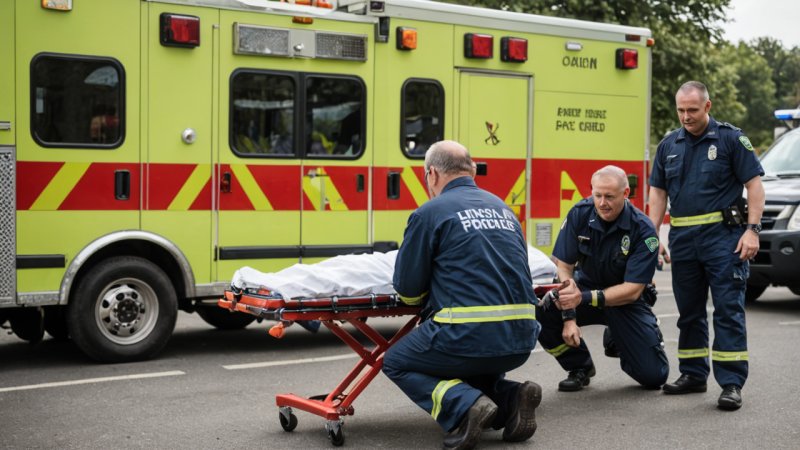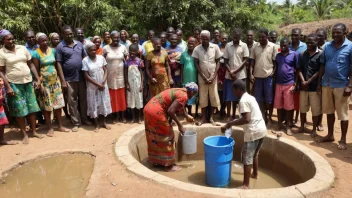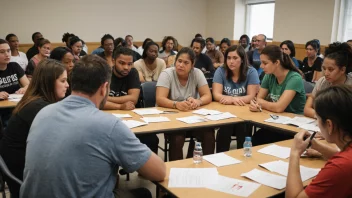In times of crisis, whether due to natural disasters, armed conflicts, or pandemics, health services become a lifeline for affected communities. The role of health services in emergency humanitarian aid cannot be overstated; they are essential for saving lives, preventing disease outbreaks, and restoring health infrastructure. During emergencies, the immediate need for medical care escalates, and health services must be rapidly deployed to respond effectively.
Firstly, the provision of health services in emergencies focuses on immediate needs. This includes triaging patients, treating injuries, and providing essential medications. Emergency medical teams often include doctors, nurses, and paramedics who are trained to operate in challenging conditions. They work tirelessly to assess the health status of affected populations and prioritize care for the most vulnerable, including children, pregnant women, and the elderly. By ensuring timely interventions, health services can mitigate the impact of injuries and prevent further complications.
Moreover, health services play a crucial role in disease prevention during emergencies. Following disasters, the risk of communicable diseases often rises due to overcrowded living conditions and poor sanitation. Health professionals work to provide vaccinations, promote hygiene practices, and distribute essential supplies such as clean water and sanitation kits. This preventive approach is vital in limiting disease transmission and protecting public health, which can otherwise spiral out of control in the aftermath of a crisis.
Coordination among various stakeholders is another critical aspect of effective health service delivery in emergencies. Organizations like the World Health Organization (WHO) and Médecins Sans Frontières (Doctors Without Borders) often collaborate with local governments, NGOs, and community health workers to ensure a comprehensive response. This coordination helps in mapping health needs, avoiding duplication of efforts, and efficiently allocating resources. By fostering partnerships, health services can maximize their impact and reach more individuals in need.
Furthermore, mental health services are an integral part of health care during emergencies. The psychological toll of disasters can be profound, leading to anxiety, depression, and post-traumatic stress disorder (PTSD). Providing mental health support helps individuals cope with trauma and rebuild their lives. Initiatives such as counseling, community support groups, and psychological first aid are essential components of a holistic health response in emergencies.
Training and developing local health workers is also essential in enhancing the resilience of communities. By empowering local personnel with skills and knowledge, health services can ensure sustained care even after international aid has withdrawn. Local health workers are often the first responders in their communities, and their involvement in emergency health services fosters trust and cultural sensitivity, which are critical for effective care.
In conclusion, the role of health services in emergency humanitarian aid is multifaceted and indispensable. From providing immediate medical care to preventing disease outbreaks and supporting mental health, health services are at the forefront of response efforts during crises. By understanding the significance of these services and supporting initiatives that strengthen health systems, individuals can contribute to a more resilient global community. Everyone can play a part in advocating for better health services, volunteering, or simply spreading awareness about the importance of health care in emergencies.
The Critical Role of Health Services in Emergencies
Health services are essential during emergencies, providing immediate care and preventing disease outbreaks in affected communities.






